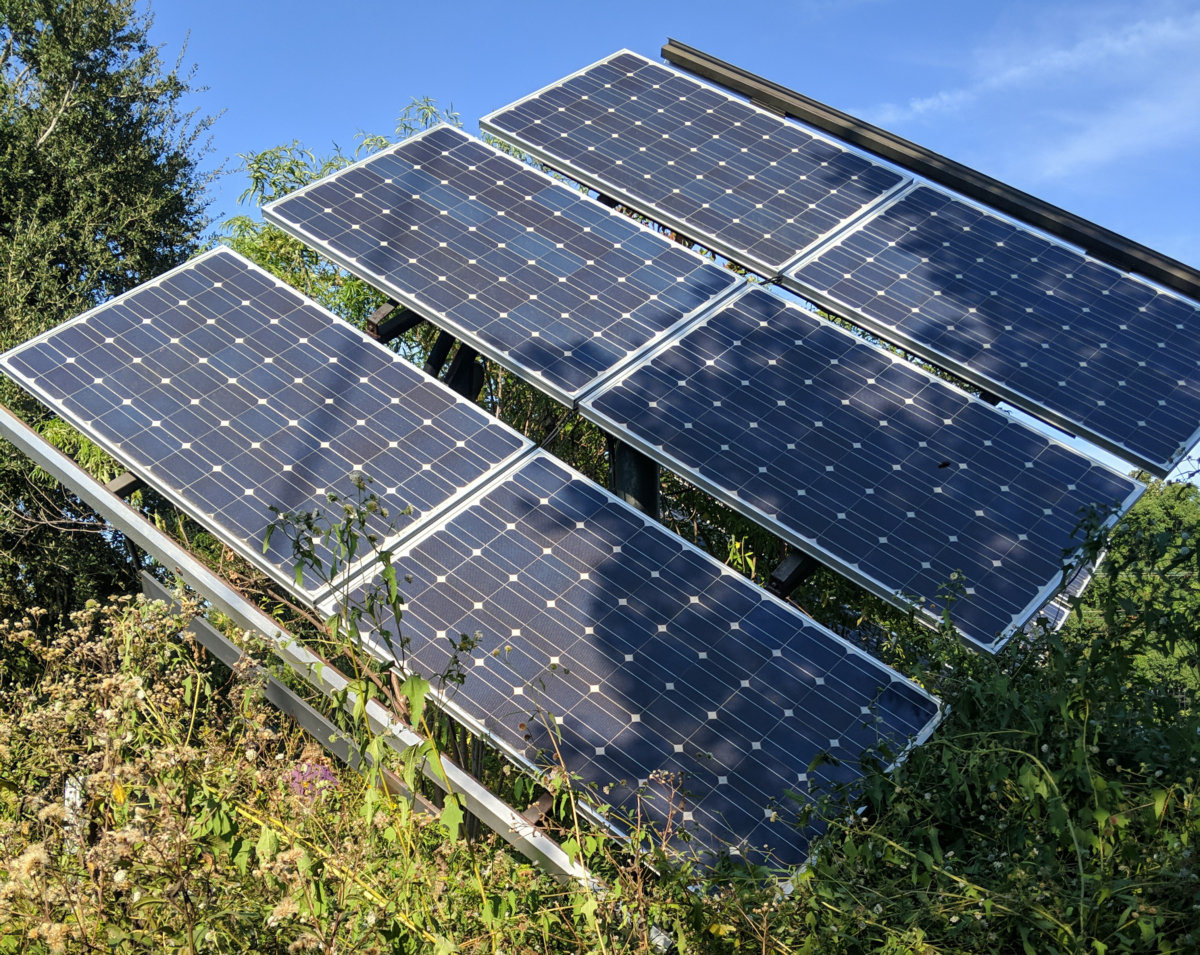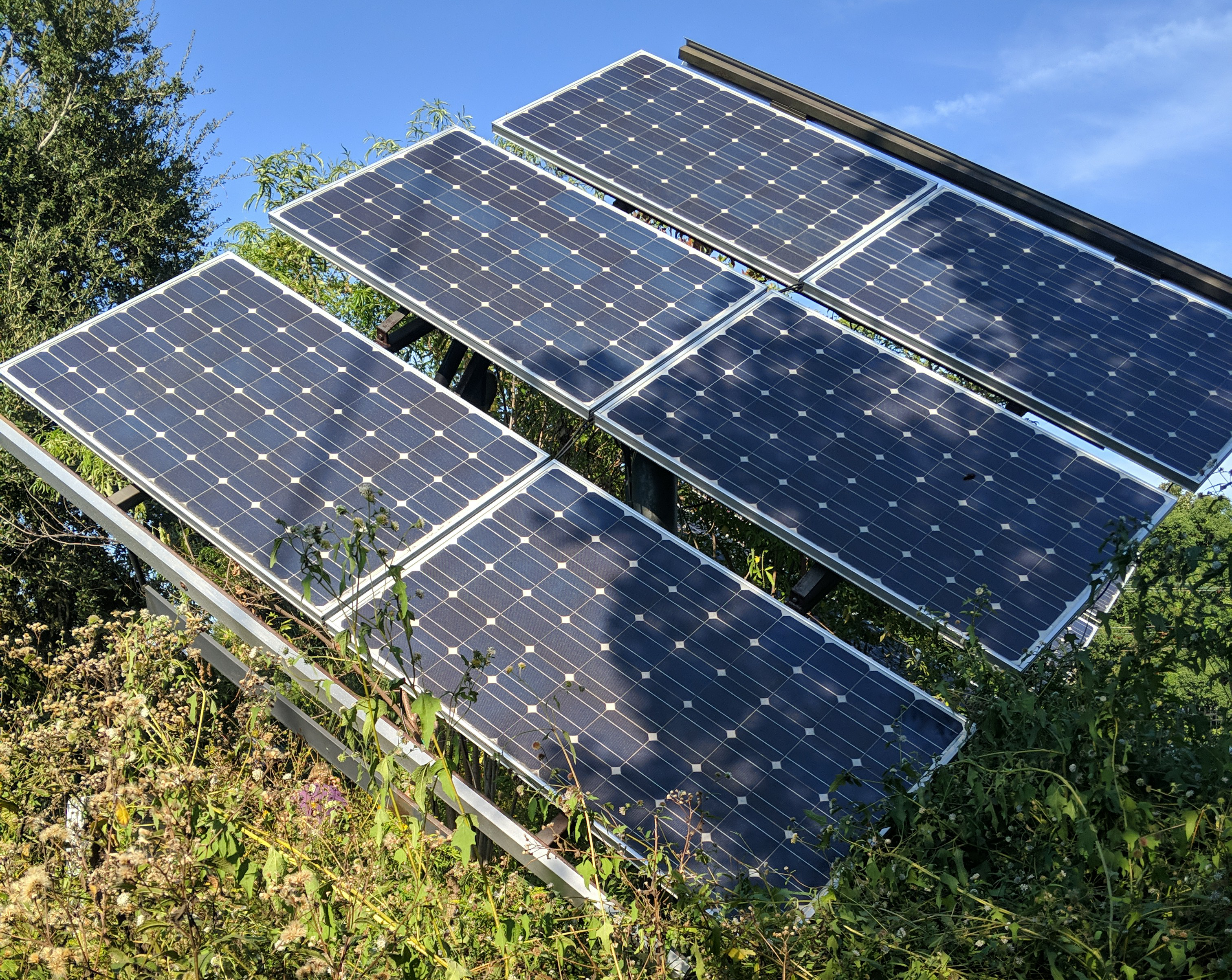Teaming for Interdisciplinary Research Pre-Seed Program
Modelling Tensions and Tradeoffs in Community Responses to Large Scale Solar Development

Modelling Tensions and Tradeoffs in Community Responses to Large Scale Solar
Development

Development Ambitious federal targets for decarbonizing the U.S. electric grid include accelerated development of large scale photovoltaic solar installations (LSS). However, persistent social divisions regarding the costs and benefits of LSS cause costly delays and cancellations which threaten the progress of an urgently needed energy transition in the U.S. This project aims to address the challenge of social polarization over LSS in Georgia, which ranks high in LSS potential and rate of development. Georgia ranked 4th for PV installation in megawatts in 2021 and 6th in 2022, and is projected to surpass North Carolina in total solar installed by 2026. Georgia-based Walton EMC is top among southeastern utilities with the highest increase in watts/customer solar ratio forecast for 2022-2026. This rate of growth in a region with high potential for solar capacity highlights the importance of investigating factors that slow or stall the development of LSS in Georgia.
In order to support transition to renewable energy, it is vital to better understand the tensions and tradeoffs which shape divergent perspectives on LSS. We seek to address key knowledge gaps in the energy transition literature with a novel and holistic mixed-methods research approach. We hypothesize a) that stakeholder responses to LSS are influenced by identifiable patterns of intersecting values and concerns, and b) that changes in responses occur at identifiable thresholds. In order to model these viewpoints and test this hypothesis, we combine Q-method, generative AI, and choice experimentation to identify values and concerns shaping opinions on LSS. If successful, this research could help overcome polarization and identify pathways to agreement on LSS. It would also have implications for reaching actionable consensus in other domains affected by energy and environmental policy.
The research team includes experts in energy policy and policy process, environmental contestation and activism, energy transition, landscape architecture and site design, artificial intelligence, choice experimentation, and Q-methodology. This funding would support a pilot study through which to refine the protocol, to include a database of key issues, position statements, and site designs in LSS projects to be used in the Q and choice experiment phases, and design of a workflow for a full pilot project.
We anticipate that this work will attract external funding from sources such as the U.S. Department of Energy, National Science Foundation, United States Department of Agriculture, among others.
Modelling Tensions and Tradeoffs in Community Responses to Large Scale Solar
Development Ambitious federal targets for decarbonizing the U.S. electric grid include accelerated development of large scale photovoltaic solar installations (LSS). However, persistent social divisions regarding the costs and benefits of LSS cause costly delays and cancellations which threaten the progress of an urgently needed energy transition in the U.S. This project aims to address the challenge of social polarization over LSS in Georgia, which ranks high in LSS potential and rate of development. Georgia ranked 4th for PV installation in megawatts in 2021 and 6th in 2022, and is projected to surpass North Carolina in total solar installed by 2026. Georgia-based Walton EMC is top among southeastern utilities with the highest increase in watts/customer solar ratio forecast for 2022-2026. This rate of growth in a region with high potential for solar capacity highlights the importance of investigating factors that slow or stall the development of LSS in Georgia.
In order to support transition to renewable energy, it is vital to better understand the tensions and tradeoffs which shape divergent perspectives on LSS. We seek to address key knowledge gaps in the energy transition literature with a novel and holistic mixed-methods research approach. We hypothesize a) that stakeholder responses to LSS are influenced by identifiable patterns of intersecting values and concerns, and b) that changes in responses occur at identifiable thresholds. In order to model these viewpoints and test this hypothesis, we combine Q-method, generative AI, and choice experimentation to identify values and concerns shaping opinions on LSS. If successful, this research could help overcome polarization and identify pathways to agreement on LSS. It would also have implications for reaching actionable consensus in other domains affected by energy and environmental policy.
The research team includes experts in energy policy and policy process, environmental contestation and activism, energy transition, landscape architecture and site design, artificial intelligence, choice experimentation, and Q-methodology. This funding would support a pilot study through which to refine the protocol, to include a database of key issues, position statements, and site designs in LSS projects to be used in the Q and choice experiment phases, and design of a workflow for a full pilot project.
We anticipate that this work will attract external funding from sources such as the U.S. Department of Energy, National Science Foundation, United States Department of Agriculture, among others.
Team Lead
Hilda Kurtz
hkurtz@uga.edu
Franklin College of Arts and Sciences
Social and Behavioral Sciences
Team Members
Matthew Auer
matthew.auer@uga.edu
School of Policy and International Affairs
Public Administration and Policy
Jon Calabria
jcalabr@uga.edu
College of Environment and Design
Landscape Architecture
Robert Vick
ravick@uga.edu
College of Environment and Design
Landscape Architecture
Craig Landry
clandry@uga.edu
College of Agricultural and Environmental Sciences
Agricultural and Applied Economics
Gengchen Mai
gengchen.mai25@uga.edu
Franklin College of Arts and Sciences
Geography
Gretchen Sneegas
gsneegas@uw.edu
Arts and Sciences
Geography
